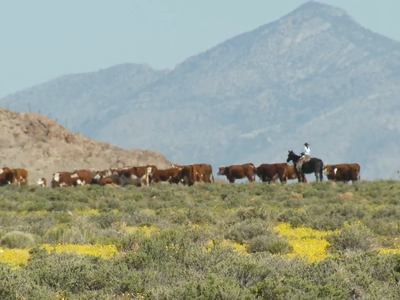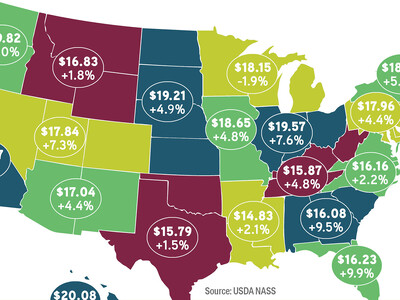Late blight in Basin; Monsanto corn breeding facility
Washington Ag Today July 6, 2011 Potato late blight has spread to four fields in block 1, just north of the Tri-Cities. Washington State University plant pathologist Dennis Johnson provided the latest control recommendations on the Late Blight Hotline. Johnson; “In this area fungicide applications should be applied every seven days. Through out the Columbia Basin fungicide applications should also be applied every seven days through July.” Johnson says keeping the application interval short is essential in managing late blight. Monsanto Company has opened its newest corn breeding facility in Othello, Washington. The new 15-thousand square foot facility, which employs five full-time and about 100 part-time and seasonal workers, is the first of its kind for Monsanto in the United States. The breeding station will be devoted exclusively to using double haploid advanced breeding technology to help Monsanto’s breeders provide better corn seed for farmers. The company says within the next ten years about 50 percent of new corn lines in North America will have gone through Othello. The use of double haploid breeding provides results in about two breeding generations where typically it would take six to eight generations. Washington State University animal science experts are offering an artificial insemination short course in Pullman August 11 through the 13th. The course will be taught by David deAvila. It is limited to 20 people and the deadline to enroll is July 15th. Cost is $400 per person. You can register at the WSU animal science website. I’m Bob Hoff and that’s Washington Ag Today on Northwest Aginfo Net. ?















